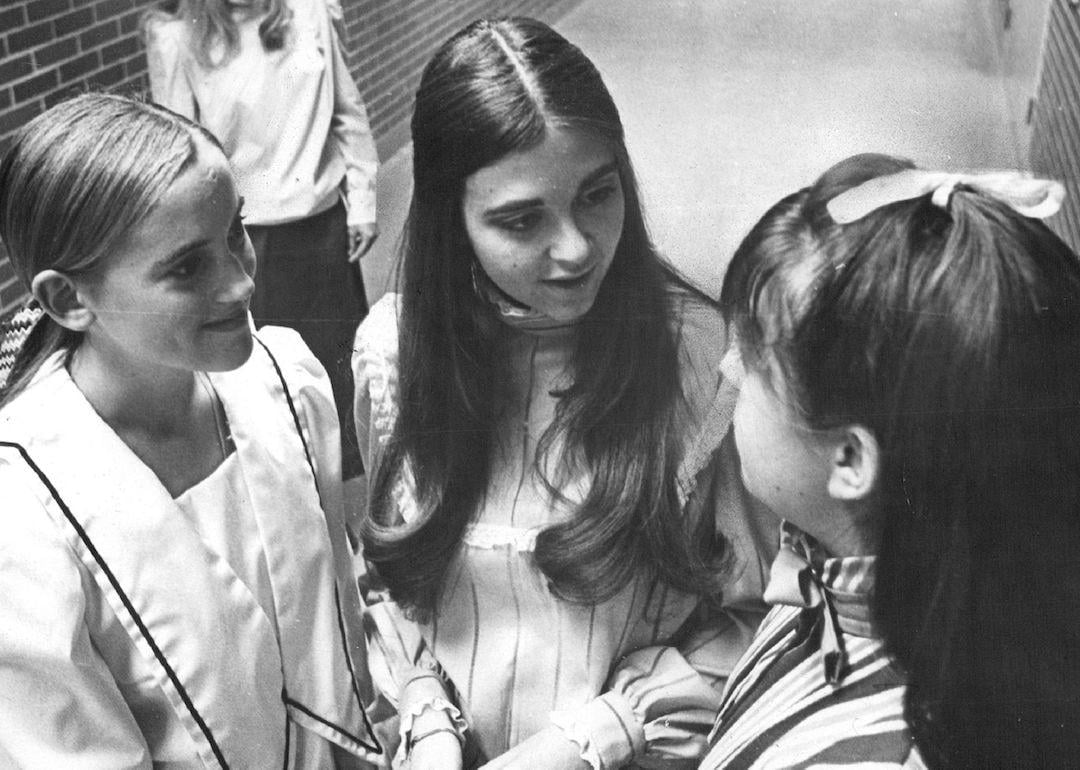
What 'wig out' and more old-timey slang words mean
What 'wig out' and more old-timey slang words mean
Slang is a vital part of language. Words and phrases attributed to a specific region or time play out in various dialects and accents specific to different areas in the same country. These tweaks to an otherwise common language define subcultures and represent highly specific moments in time—just look at "bootlegger," which originated during Prohibition.
Like any other language, English has evolved and changed with the times. Every year, new words and phrases are added to the dictionary to reflect changes in our culture—from "beach read" and "touch grass" to "shadow ban" and "dungeon crawler," all of which joined Merriam-Webster in 2024. In August 2025, the Cambridge Dictionary provided an update on some of the words it had added over the last 12 months, including "delulu," "tradwife," and "skibidi."
Don't know what any of those mean? You're not alone. Our language will continue to evolve indefinitely, incorporating subtle changes into our everyday conversations and changing how we perceive popular words from the past. Some of these new words and expressions have more staying power than others. For the past five decades, countless slang terms have come and gone—describing everything from kissing to money. Some come from pop culture, like television shows, movies, or music, while others are just products of a particular era.
An informal word or phrase often becomes popular for so long that its origin is lost, but the term remains part of the vernacular. Whether it's a trendy buzzword or a commonplace adjective, finding the origin of a word can be fascinating. Stacker has rounded up 25 old-timey sayings from the 1950s through the 1990s to explore their beginnings and their original meanings—if they ever had an original sense to begin with.
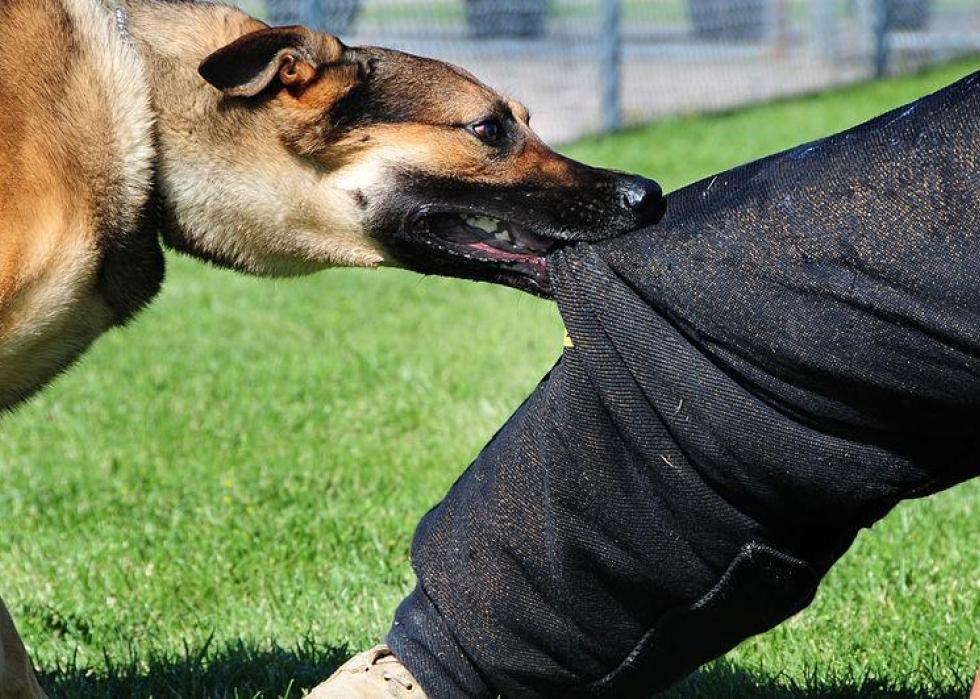
Ankle-biter
If you wanted to describe an annoying little kid in the 1950s, you might call them an ankle-biter. The term is likely inspired by small dogs, who have been known to nip at ankles and pant legs.
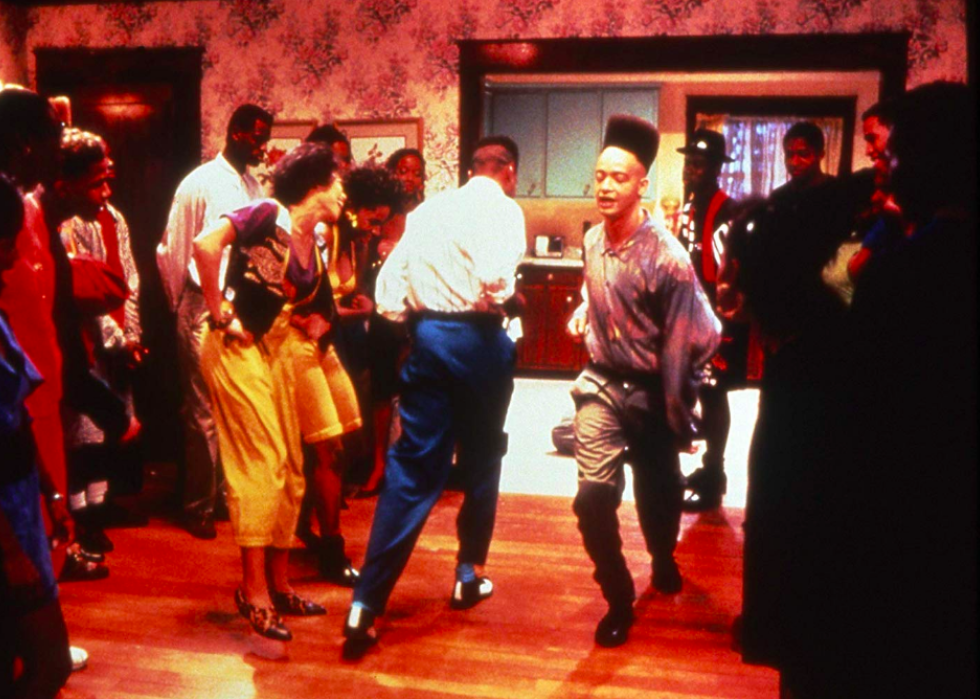
Bangin'
"Bangin'" is a word that gained popularity in the 1990s as a word used to describe someone or something as attractive. One might also use the word to describe something exciting or fun, such as, "That house party was bangin'."
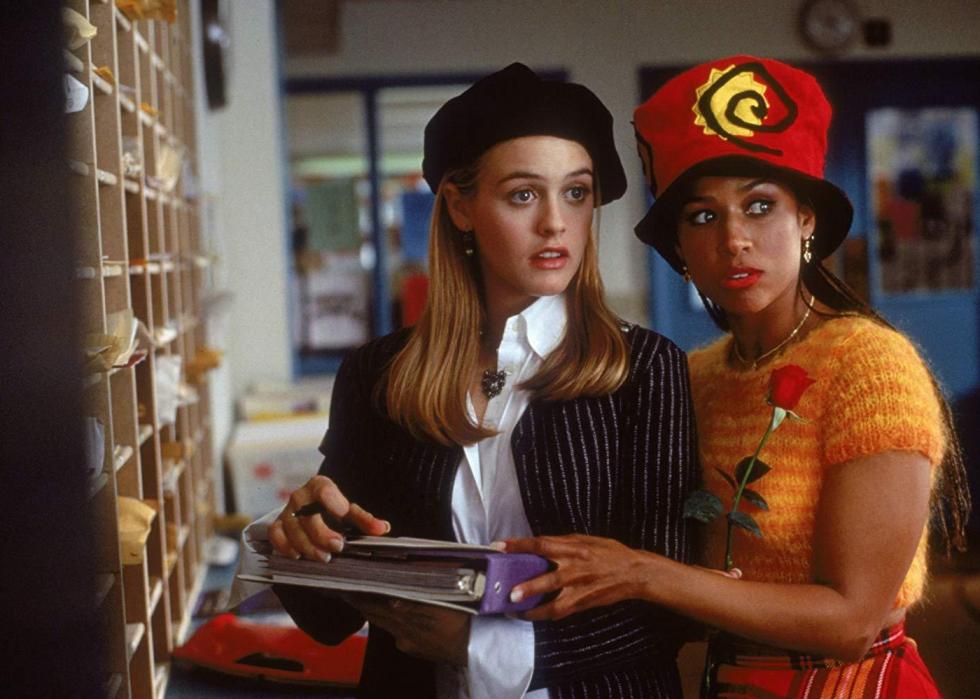
Buggin'
"Buggin'" is another 1990s phrase and one that was also made popular through the film "Clueless" as Cher explains multiple times "Oh my God, I'm totally buggin." The word's roots can be traced back to New York and mean "to freak out."
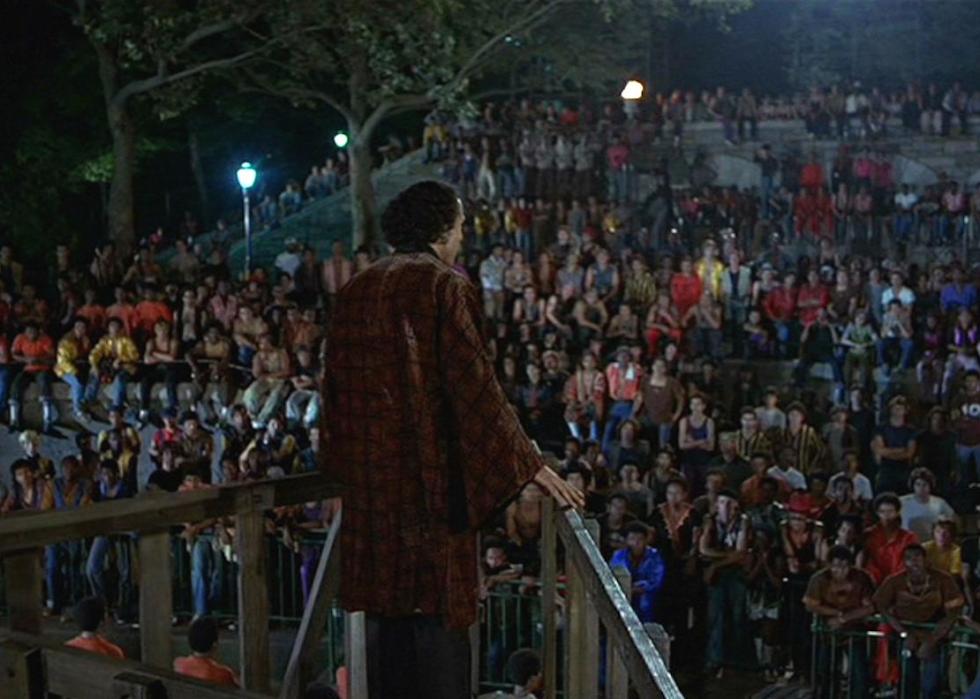
Can you dig it?
The 1970s gave us "Can you dig it?," which can mean several different things, including "Are you ok with this?" or "Do you understand?" The slang gained popularity from the 1979 movie "The Warriors" and is also the name of 1991 track by the English indie band The Mock Turtles. The phrase went on to become a popular title for various songs across genres such as hip-hop and R&B.
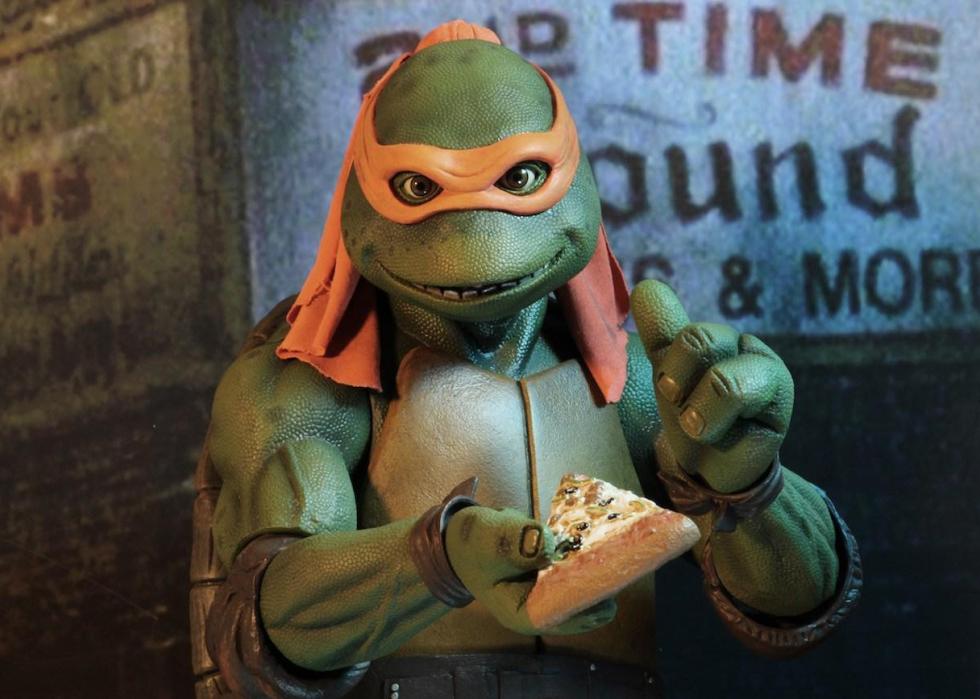
Cowabunga
Although you might associate it with the 1990s, "cowabunga" first entered the pop culture lexicon in the 1960s when it was used on the "Howdy Doody Show." It eventually made its way into surf culture, which can be credited to the show "Gidget"—because one of the characters would yell the phrase when he would surf into the ocean. The word, which is generally used as an adventurous exclamation (say, when you're encountering a giant wave), resurfaced in the late 1980s when "Teenage Mutant Ninja Turtles" brought it back into the mainstream.
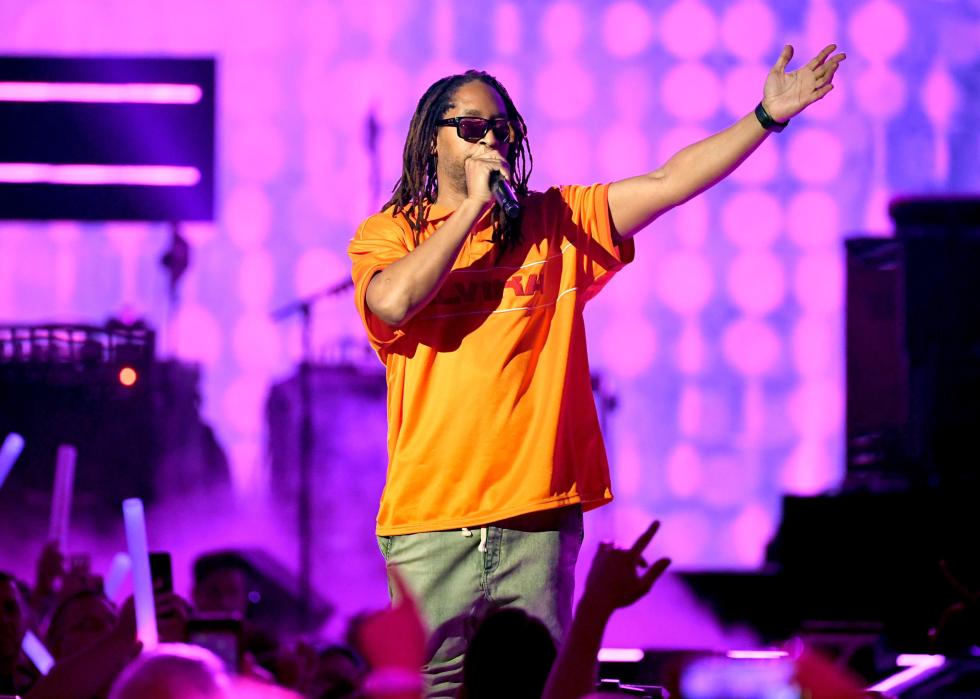
Crunk
Originating in Atlanta in the 1980s and synonymous with a genre of high-energy hip-hop music, the origins of the word "crunk" are debatable. Some sources claim it's a combination of the terms crazy and drunk, while a book on Southern rap cites it as a conjugation of the word "crank" (as in cranking up music).
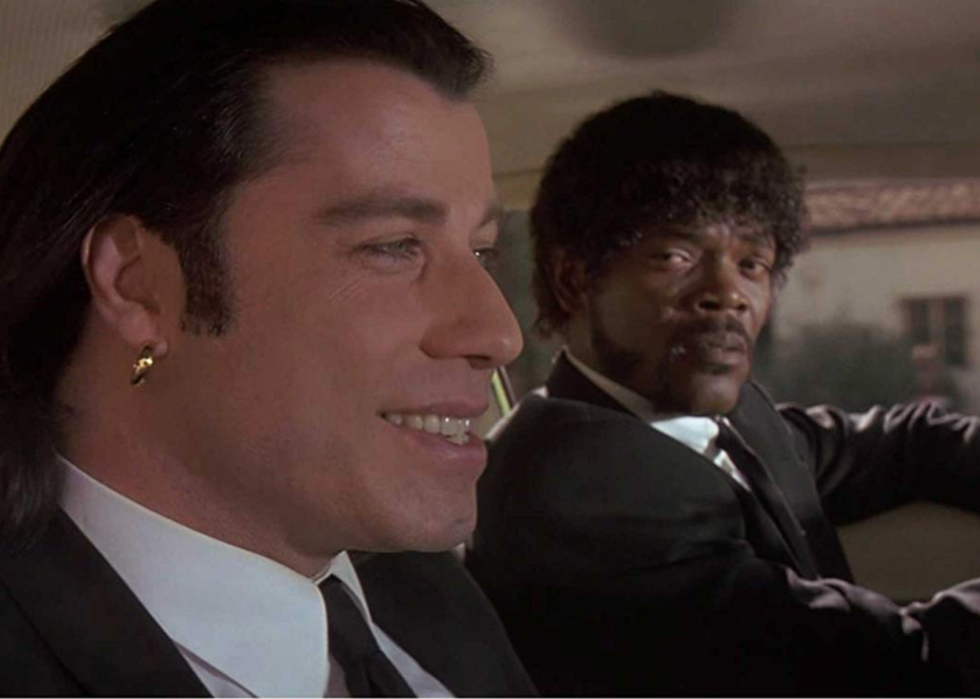
Dig
"Dig" means to understand or approve of; for example, you could pay a compliment to someone by saying "I dig your outfit." The word has been used in music ranging from rock to hip-hop for many decades, by artists like Jimi Hendrix, Van Morrison, and A Tribe Called Quest. In 1994's "Pulp Fiction," John Travolta's character says to Samuel L. Jackson's character, "You dig it the most."
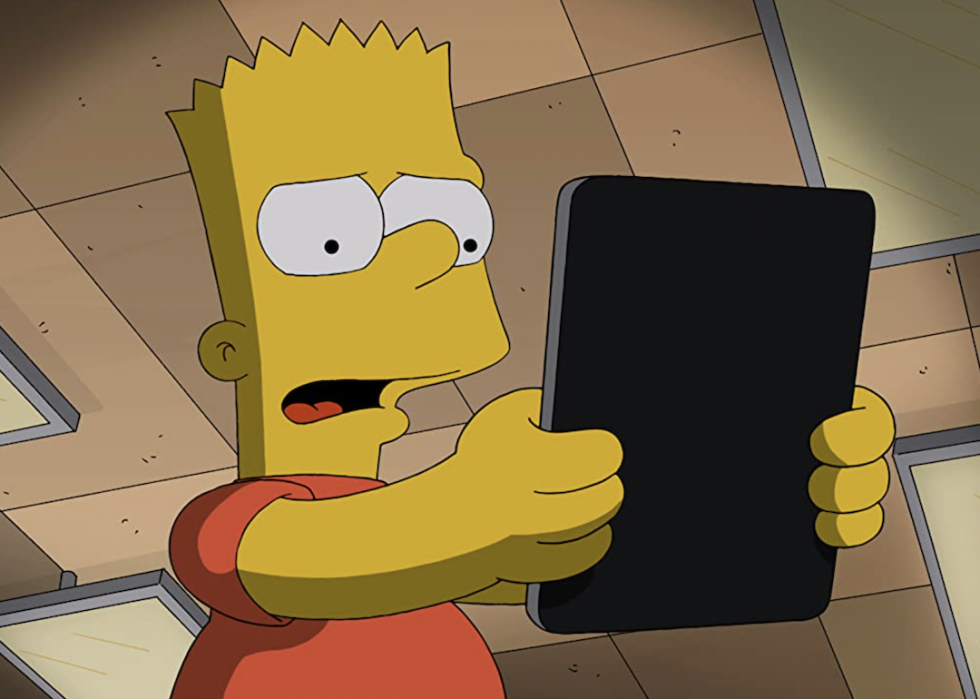
Eat my shorts
"Eat my shorts" comes out of the 1980s, when it was uttered by Bender in the teen film classic "The Breakfast Club." The phrase was also used as the name of a song by comedian Rick Dees. After that, "Eat my shorts" became a catchphrase of Bart's on "The Simpsons." It is supposed to be used as an insult or comeback during an argument.
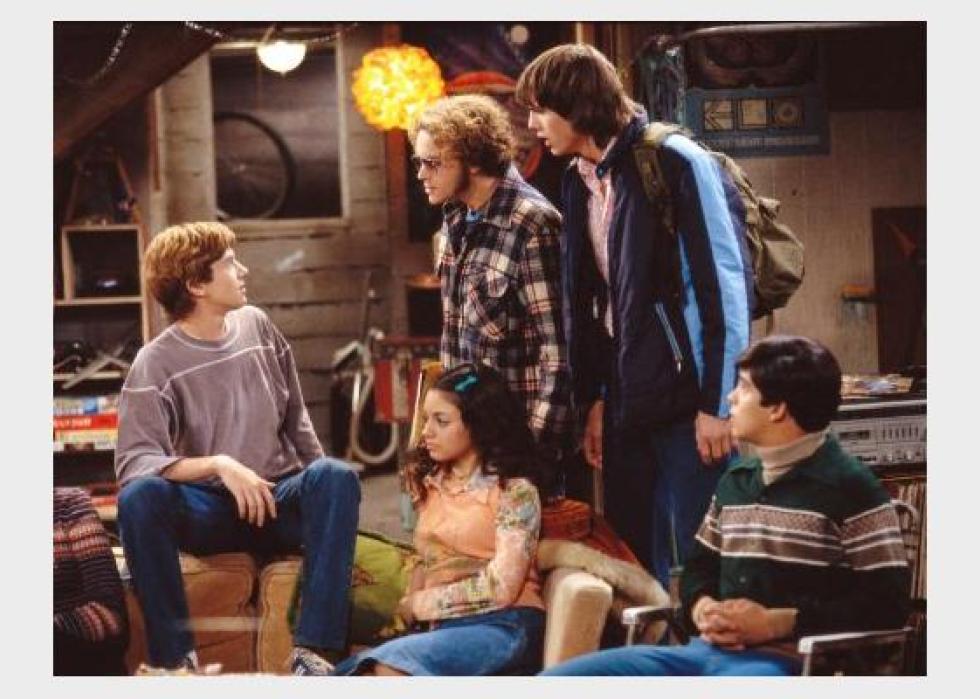
Far out
"Far out" is associated with 1970s slang for "very cool or exciting." It reportedly entered the vernacular during the 1950s in reference to avant-garde jazz.
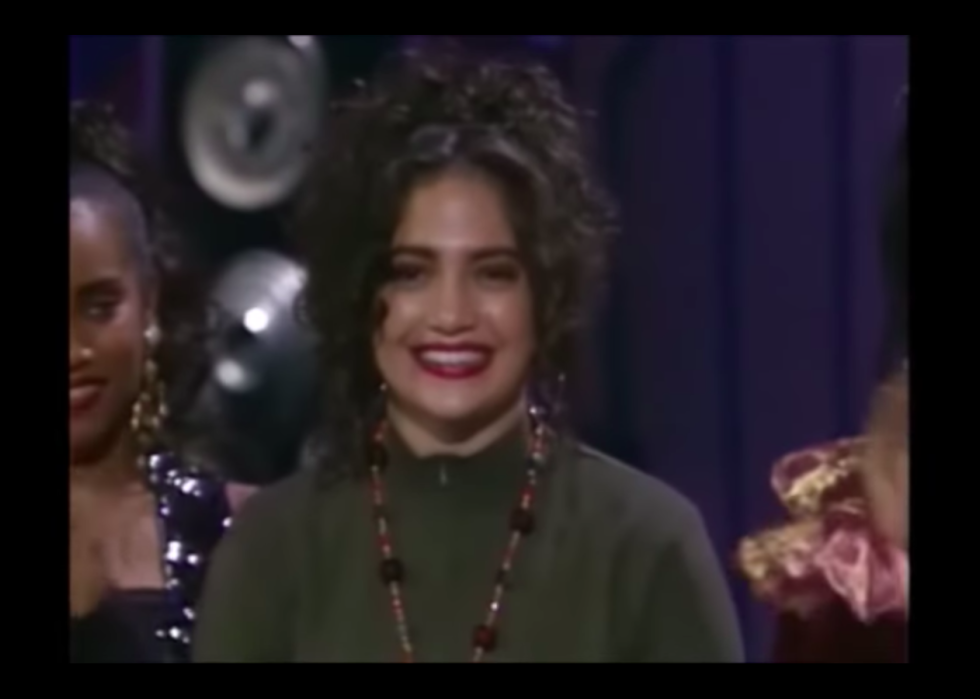
Fly
If something is fly, it's cool or sexy. It may have become mainstream in the 1990s thanks to the sketch comedy show "In Living Color" and their troupe of dancers known as the Fly Girls (where Jennifer Lopez famously got her big break). But it may be even older of a term: One source notes its usage as far back as 1910.
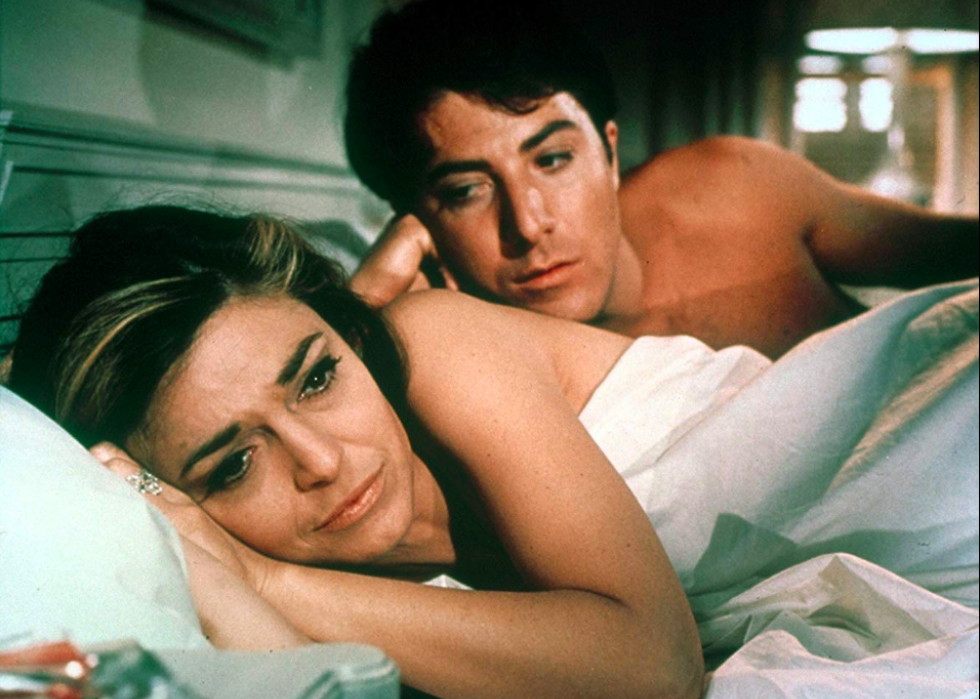
Get bent
"Get bent" means "go away." The phrase was actually considered a curse back in the 1950s, and stayed relevant throughout the 1960s.
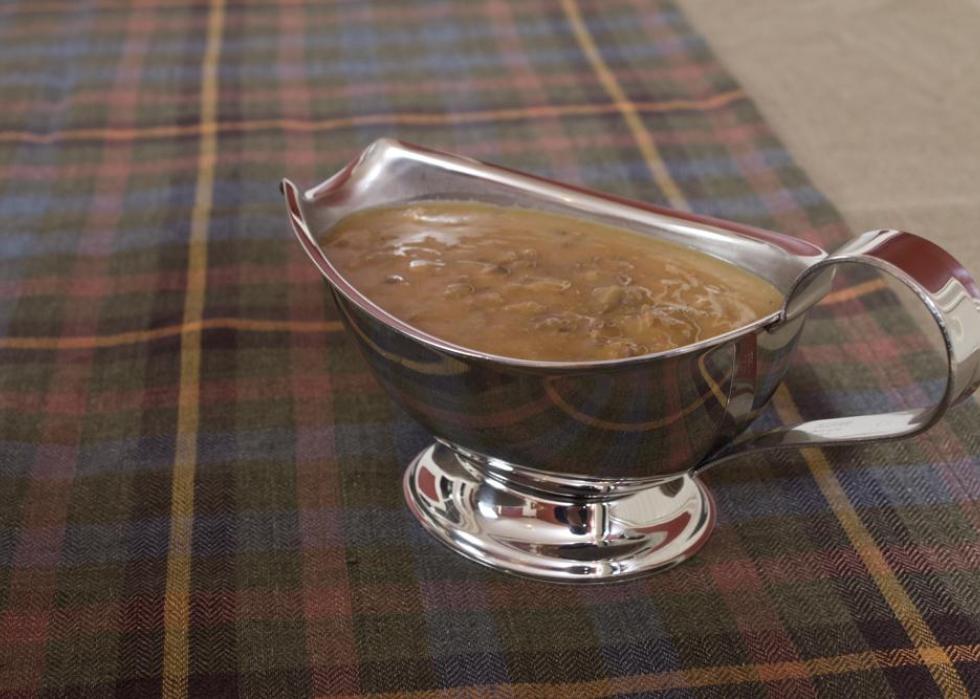
Gravy
If you call something "gravy," you're really saying it's great. The word originally comes from Old English, when it was used to express that one's life was good because he or she had the luxury of gravy with food.
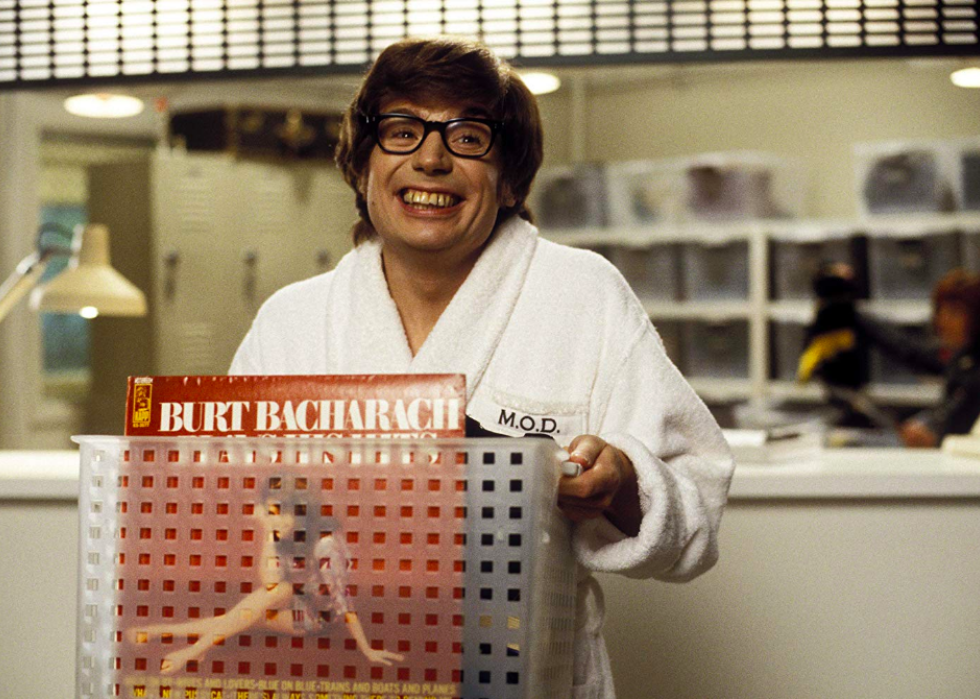
Groovy
"Groovy" may invoke associations with the 1960s, but the word is actually from the 1920s. Back then, the term referred to music that was particularly good (see also: groove). Its popularity lasted well into the 1960s, when "groovy" was used to call anything or anyone outstanding or nice. Mike Meyers' character in the popular "Austin Powers" film franchise frequently calls things and people "groovy" to express his appreciation.
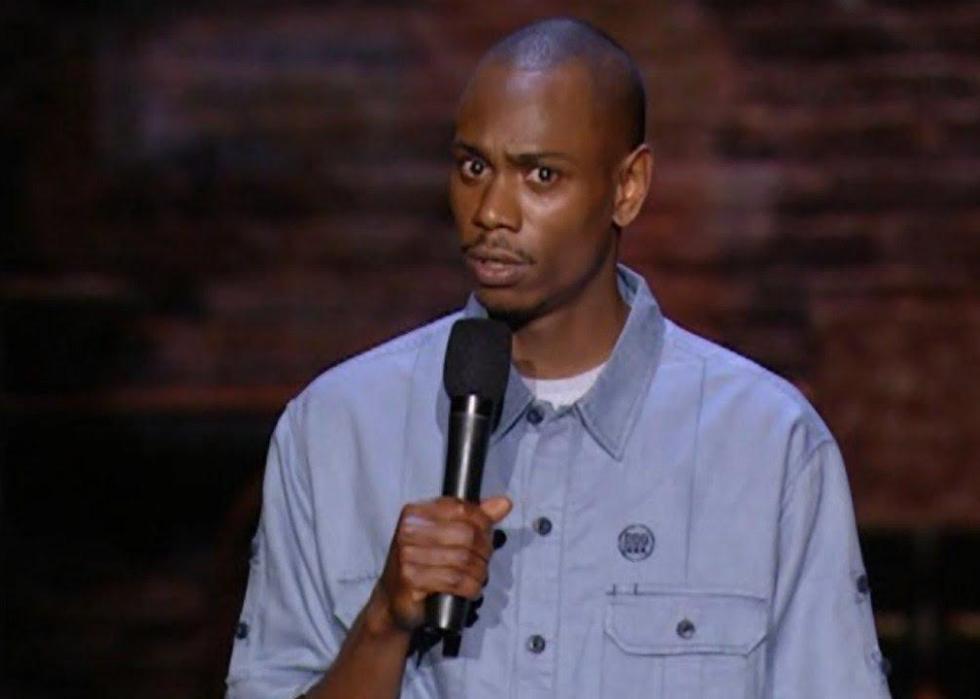
Keepin' it real
"Keepin' it real" means to be true to yourself and began its popularity in the 1990s. But as Dave Chappelle has noted, keeping it real can go terribly wrong in some cases.

Necking
"Necking" was a very popular term in the 1950s for kissing. The popularity continued into the 1960s, but eventually felt too prudish to younger generations and (the term, not the act) fell out of everyday discourse.
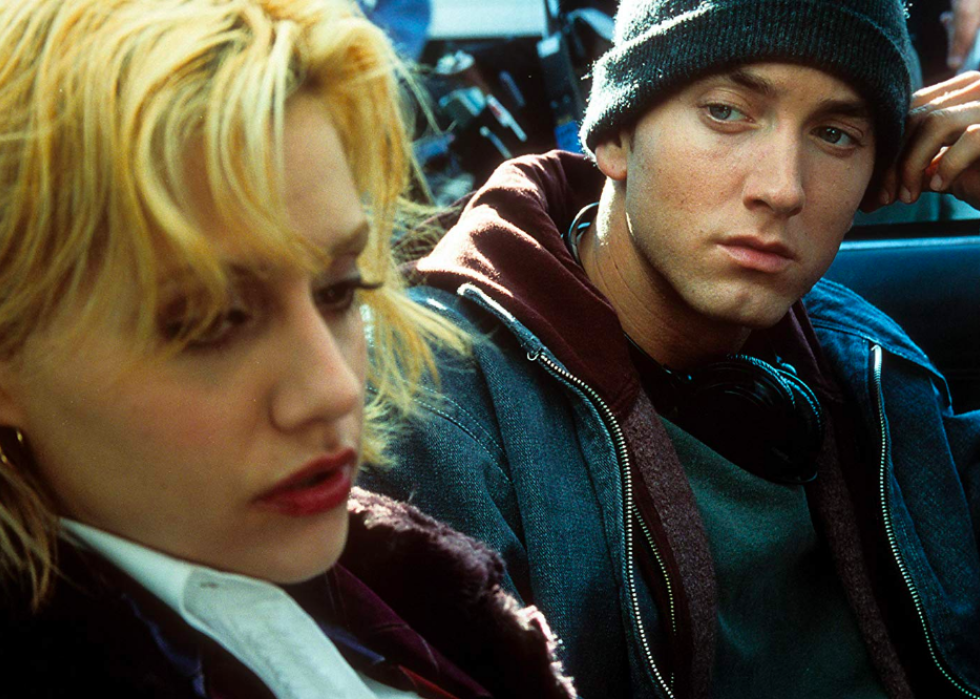
Outtie
"Outtie" is another slang term for leaving. It was most popular in the 1990s and people used it by saying "I'm outtie." The term was uttered by Cher in "Clueless" and also by Eminem's character in "8 Mile" when he's leaving the rap battle final scene.
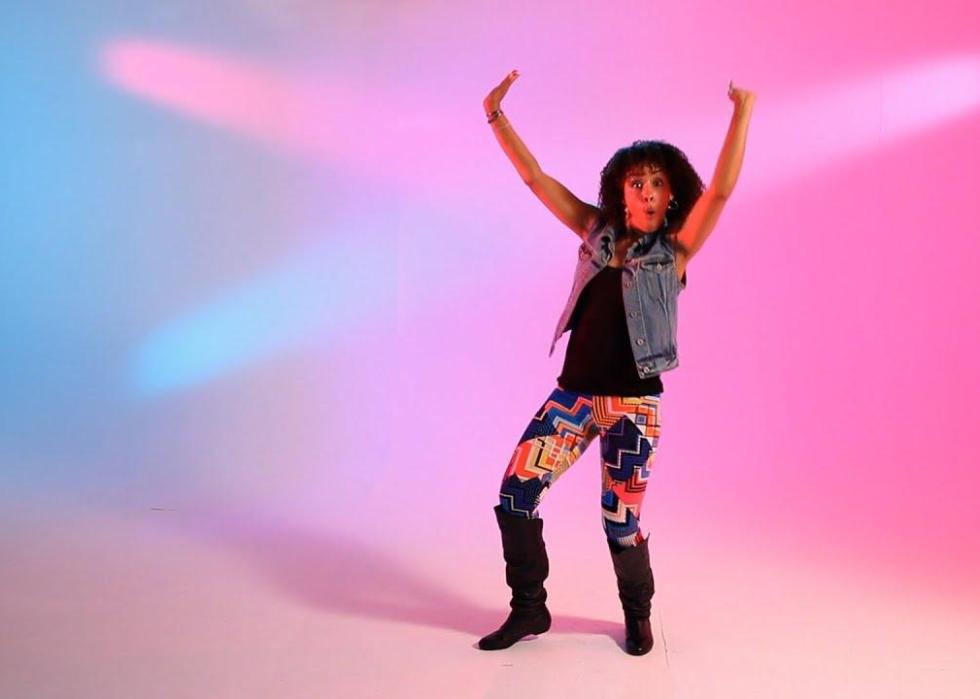
Raise the roof
If you wanted to bring a party to the next level or get people excited in the 1990s, you might use the phrase "raise the roof"—usually paired with a gesture of pushing one's hands in the air. It hit the mainstream in the early 2000s as a signature move by WNBA player Cynthia Cooper.
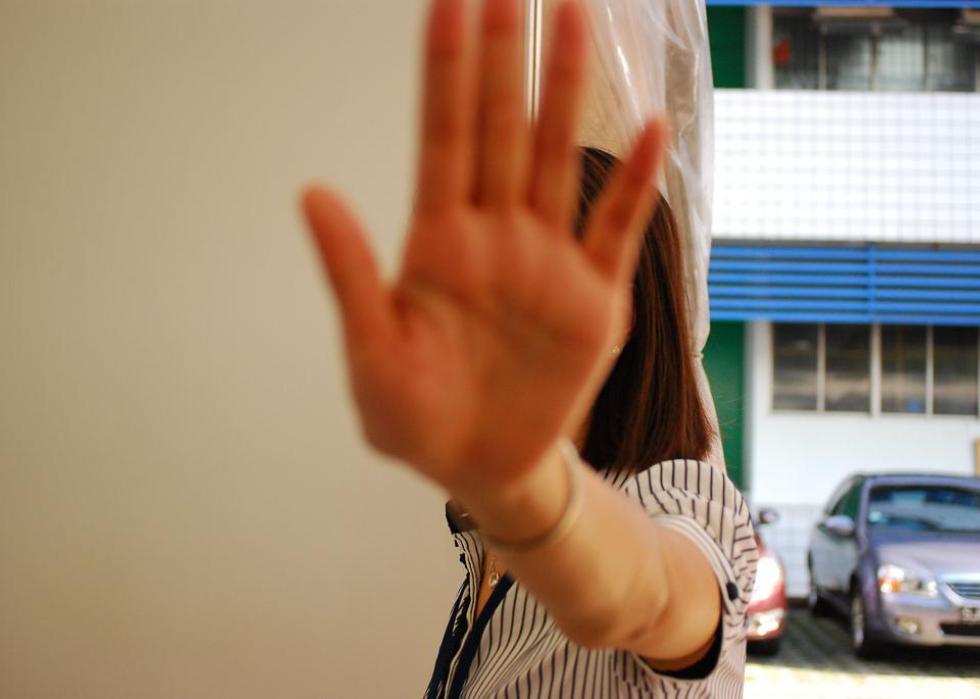
Talk to the hand
"Talk to the hand" was a wildly popular 1990s phrase used to diss someone, usually paired with a movement of putting your hand in someone's face. Martin Lawrence made the phrase famous in his television show "Martin," which aired from 1992 to 1997, but the phrase was used virtually everywhere and by everyone throughout the decade.
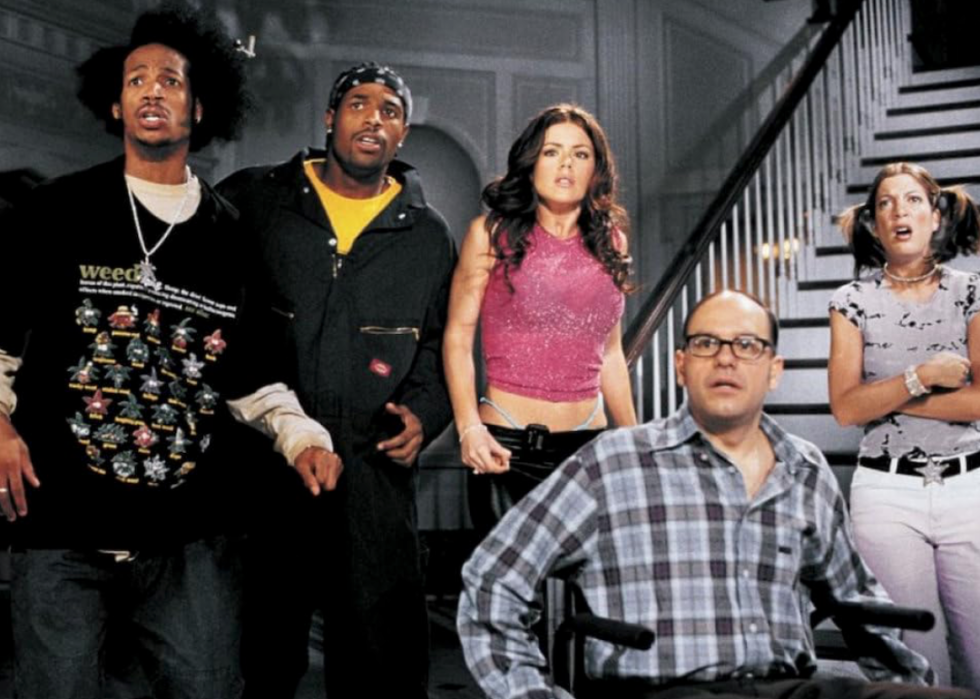
That's tight
"That's tight" was slang in the 1990s for "that's great." One of the more popular times this phrase was used was in "Scary Movie 2."
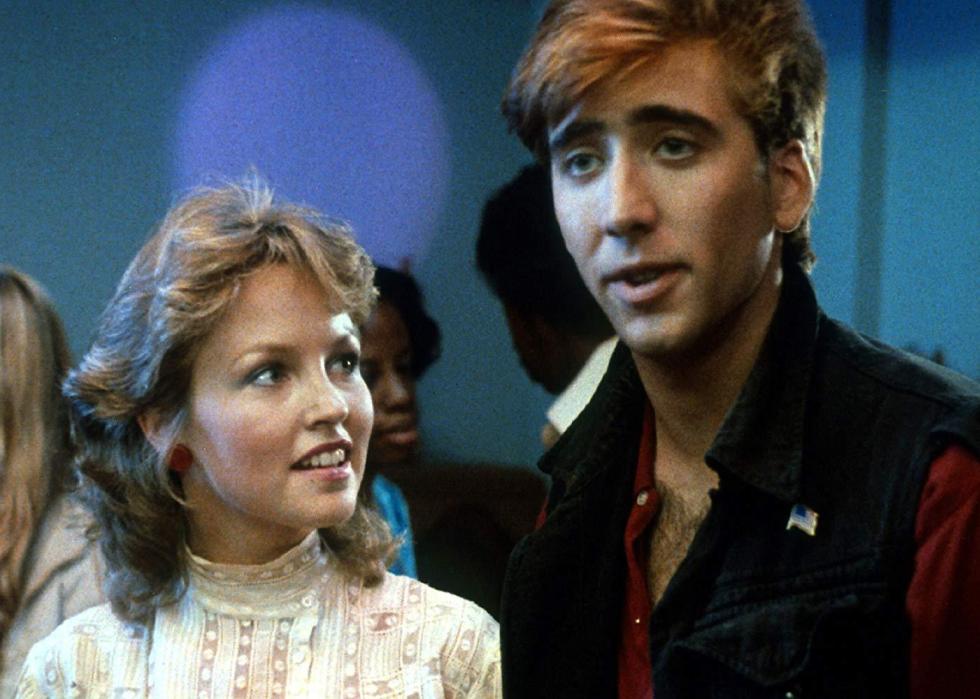
To the max
If something is "to the max" it means it's at peak greatness. It was primarily used in the 1950s but then circled back around in the 1980s when it was quoted in "Valley Girl."
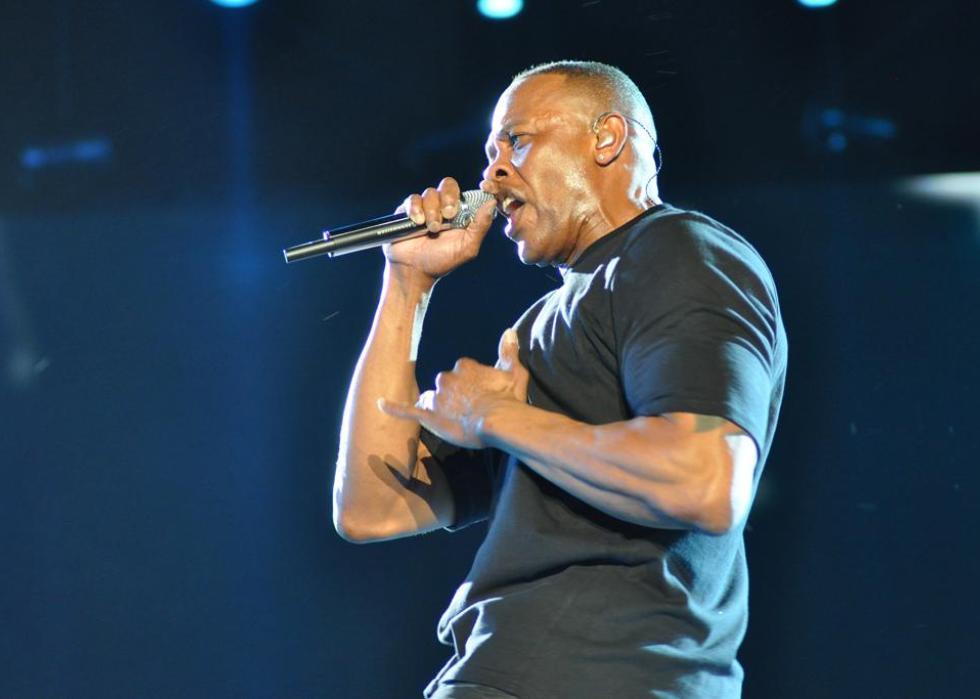
Trippin'
If you wanted to say that someone was acting crazy about something in the '90s, you could accuse them of "trippin'." Dr. Dre made this meaning popular in his song "Nothin' But a G Thang."
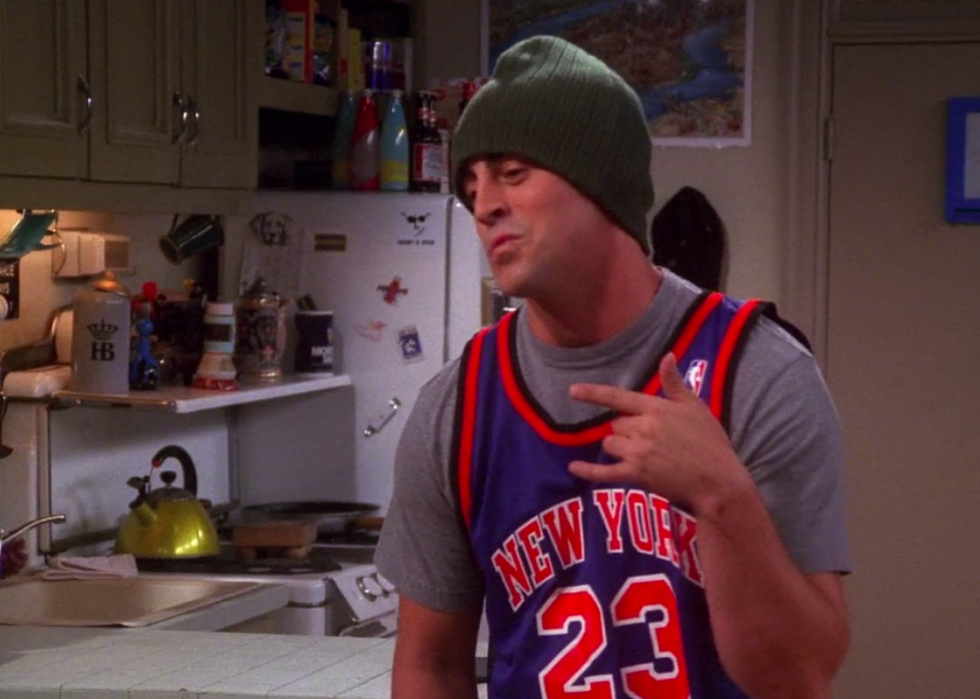
Wack
Sometimes cited as being short for wacky, the term "wack" is used in urban slang to refer to something that is lousy or lame. Before becoming popular in the 1980s, it was used to refer to someone who is eccentric or crazy. In an episode of "Friends," Joey is preparing for an audition to play a 19-year-old character and tells Chandler his Playstation is "wack."
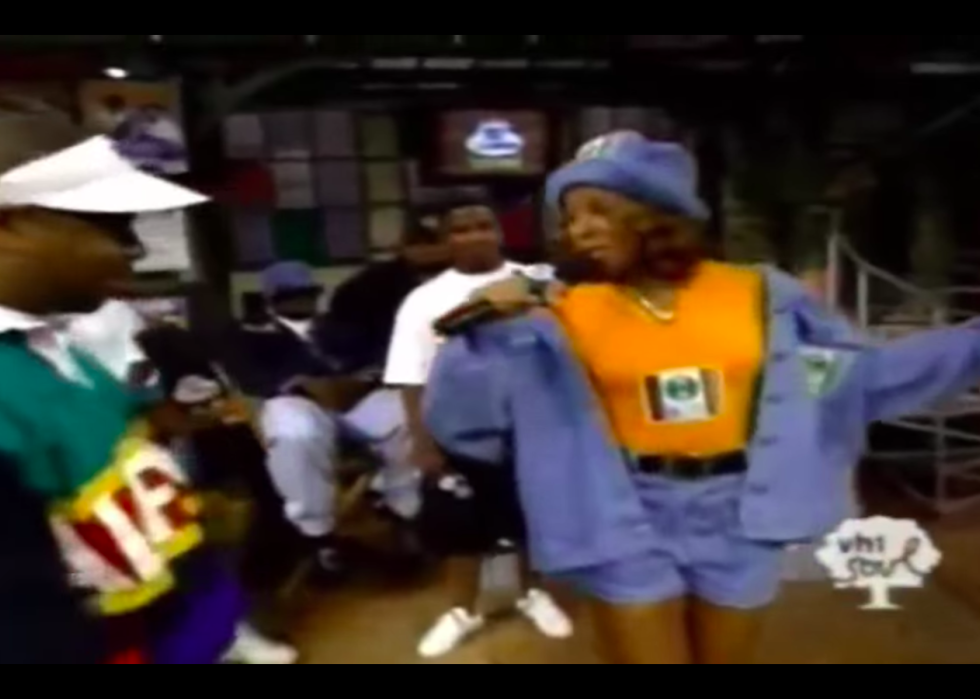
What's the 411?
If you wanted to find out a person or business's phone number in the days before the internet, you'd pick up the phone and dial 4-1-1 for assistance. "What's the 411?" became popular slang in the 1990s as a way of asking for information, and was the name of Mary J. Blige's debut album.
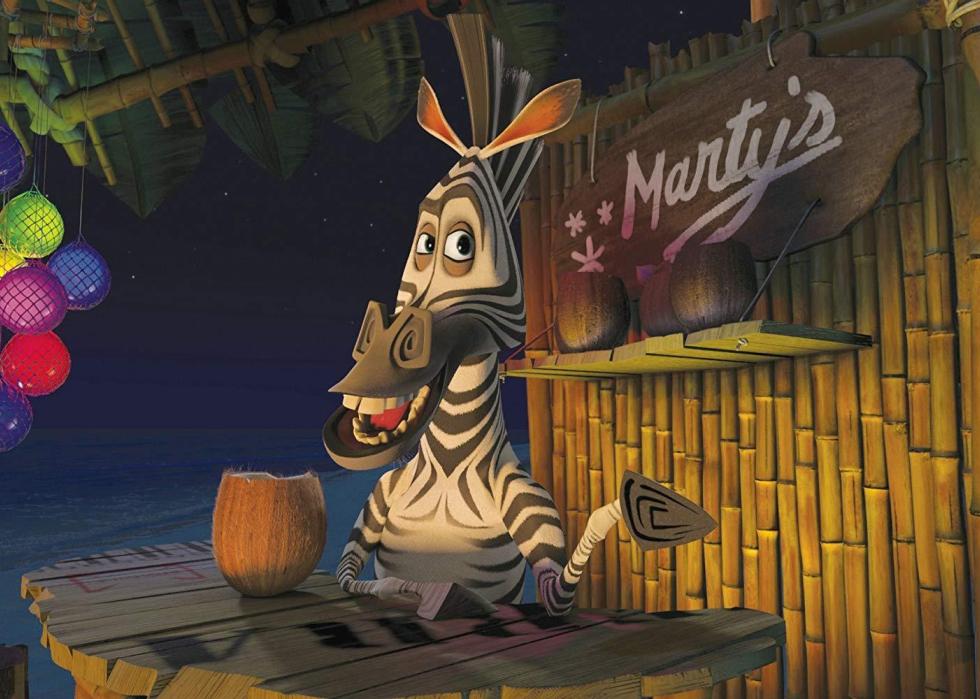
What's crackalackin'?
"What's crackalackin'?" was a weird and fancy way of asking someone in the 1990s what they were up to. The rebirth of the phrase can be traced to Chris Rock, who brought it back in "Madagascar 3: Europe's Most Wanted."
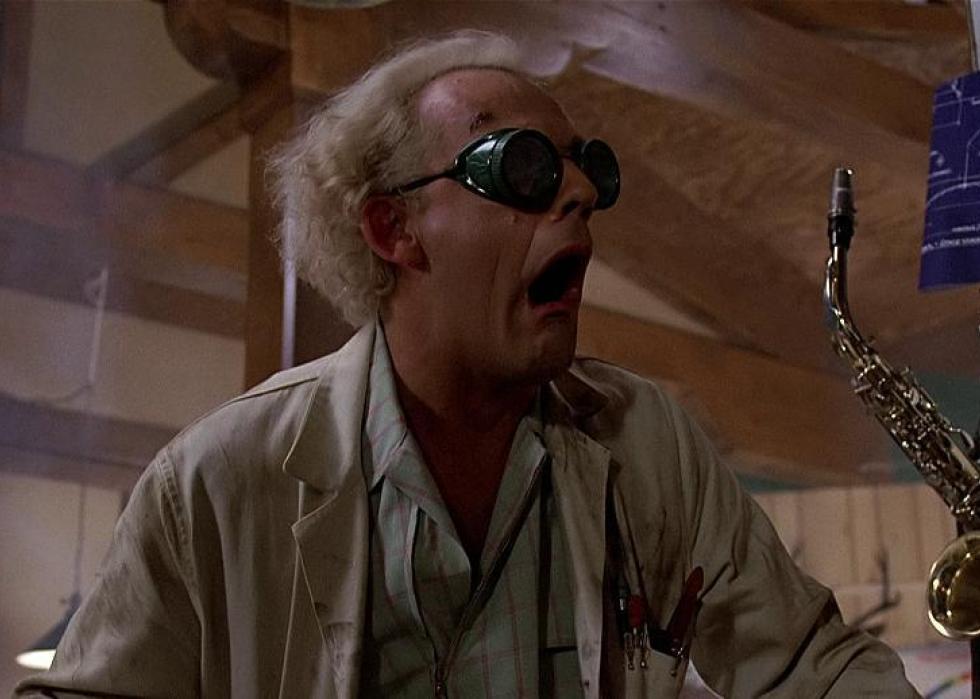
Wig out
"Wig out" is a term widely used in the 1980s to describe going crazy over something. It has a new meaning nowadays as a metaphor for one's sanity (e.g., "my wig is snatched"), which references Black LGBTQ+ ballroom culture.



